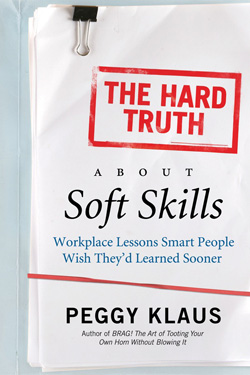The right people in the right seats on the bus: this is the metaphor from the first Jim Collins best-seller ‘Good to Great’. In that book – published in 2001 – the author identifies what leaders need to do, in order to see their teams and organizations excel. And he uses the power of an image to communicate the following concept.
According to Collins, leaders who are able to transform their organizations begin not by setting a direction, but by getting the right people on the bus – and the wrong people off the bus.
Actually great leaders understand the following three simple truths:
1. If you begin with “who,” rather than “what”, you can more easily adapt to a changing world.
2. If you have the right people on the bus, the problem of how to motivate and manage people largely goes away, because they will be self-motivated by the inner drive to produce the best results and to be part of creating something great.
3. If you have the wrong people, it doesn’t matter whether you discover the right direction; you still won’t have a great company.
Assembling the team is the first crucial point. Then a leader has to develop a vision (the direction of the bus), to remove obstacles to high performance (that is, maybe people are not exactly in the right seats and need to be assigned to the right role) and to help people with diverse talents and interests building trust in each other.
It is an hard work, but leaders need it to accomplish objectives with the right people.
Image source: Flickr







